Both want fair code of conduct in South China Sea
IDD explainer
Vietnam, sitting on the western edge of the South China Sea and one of the countries in dispute with China over the latter’s self-assumed territorial claims, has emerged as one of the ‘pillars’ for India’s ‘Act East policy’.
New Delhi and Hanoi, on December 21, announced decisions which widen the arc of their existing relationship. A series of projects relating to military, technology and shared cultural ties – Buddhism—cement what is termed as a ‘Comprehensive Strategic Partnership’.
The decisions came following a virtual summit between Indian Prime Minister Narendra Modi and Nguyen Xuan Phuc, the Prime Minister Vietnam on Dec 21.The two leaders released a joint vision document and a plan of action for bilateral engagement from 2021 to 2023.
“This is a joint vision for peace, prosperity and people, it will send a strong message about the depth of our relationship to the whole world.”
Narendra Modi.
Read it the vision document here
Vietnam the pillar
The Indian ‘Act East Policy’ ( earlier know as the Look East Policy), entails long-term strategic engagement with countries that are located east of itself, these include Japan, South Korea, the ten -country ASEAN as a block and also bilaterally with each of them.

India has crude oil extraction blocks off the coast of Vietnam. The Indian Navy has, in the past trained the counterpart Navy in submarine operations as both operate the Russian origin Kilo class vessels. The Indian Space Research Organisation (ISRO) and Vietnam’s National Remote Sensing Department have an agreement on data reception station and data processing facility in Vietnam under the ASEAN-India Space Cooperation. The Indian remote sensing satellite data over ASEAN region is made available for natural resources management, ocean development and disaster management by the ASEAN member states.
Military: Boats to software
On December 21, the two sides have implemented a project entailing a manufacturing project for high speed guard boats (HSGB’s) by New Delhi for the Vietnamese border Guard, under the US $ 100 million defence line of credit extended by Government of India to Vietnam. The first HSGB was handed over to the Vietnam, two more will be launched in India which will be followed by the keel laying of seven HSGBs to be manufactured in Vietnam.

The two sides inked an ‘implementing arrangement’ on Defence Industry Cooperation which aims ‘to provide a framework for promoting cooperation between the defence industries of the two countries’. Officials of the Department of Defence Production under the Ministry of Defence in India signed the agreement with the General Department of Defence Industry, Ministry of National Defence, Vietnam.
India will grant $ 5 Million under an agreement for an Army Software Park at National Telecommunications University, Nha Trang, Vietnam. The Embassy of India, Hanoi and Telecommunications University, Ministry of National Defence, Vietnam have signed the agreement. This aims to facilitate setting up of IT infrastructure at the Army Software Park with provision for training and services in the field of software applications.
Also the signed was the ‘implementing arrangement’ between Centre for United Nations Peacekeeping Operations, India and the Vietnam Department of Peacekeeping Operations for Cooperation in United Nation Peacekeeping. This will identify specific activities for development of cooperation in the field of UN Peacekeeping.
Shared cultural values
Also, under the shared cultural values, there is a restoration project for an ancient Buddhist monastery in Vietnam. This is part of the three new development partnership projects in heritage conservation in Vietnam, these are the F-block of Temple at My Son; Dong Duong Buddhist Monastery in Quang Nam province; and Nhan Cham Tower in Phu Yen province.
The two countries decided to launch bilateral projects for preparing an Encyclopedia on India – Vietnam civilizational and cultural relations.
“We see our relationship with Vietnam from a long-term and strategic view. Peace, Stability and Prosperity are our shared purpose in the Indo-Pacific region. Our partnership can make a significant contribution in maintaining stability and peace in the region”. MODI .
Narendra modi
A fair code in South China Sea
Vietnam sits on the western edge of the contentious and hydro-carbon rich South China Sea. Both sides have spoken about the code of conduct in South China sea
“Full and effective implementation of the Declaration on the Conduct of Parties in the South China Sea (DOC) in its entirety and the substantive negotiations towards the early conclusion of a substantive and effective Code of Conduct in the South China Sea (COC)”
Modi-Nyugen
This, the two leaders said, should be accordance with international law, especially UNCLOS, that does not prejudice the legitimate rights and interests of all nations including those not party to these negotiations. They sought a peaceful resolution of disputes in accordance with international law, particularly the 1982 United Nations Convention on the Law of the Sea (UNCLOS), without resorting to threat or use of force.

The vision document spoke about the link between prosperity and security, saying the leaders reaffirmed the importance of maintaining peace, stability, security and freedom of navigation and overflight in the South China Sea.
“Both leaders underscored the importance of non-militarisation and self-restraint in the conduct of all activities by claimants and all other states, and avoidance of actions that could further complicate the situation or escalate disputes affecting peace and stability”.
Joint statement.
Modi-Nguyen emphasized the legal framework set out by the UNCLOS within which all activities in the oceans and seas must be carried out, and that UNCLOS is the basis for determining maritime entitlements, sovereign rights, jurisdiction and legitimate interests over maritime zones.






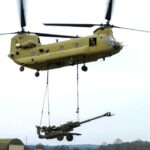








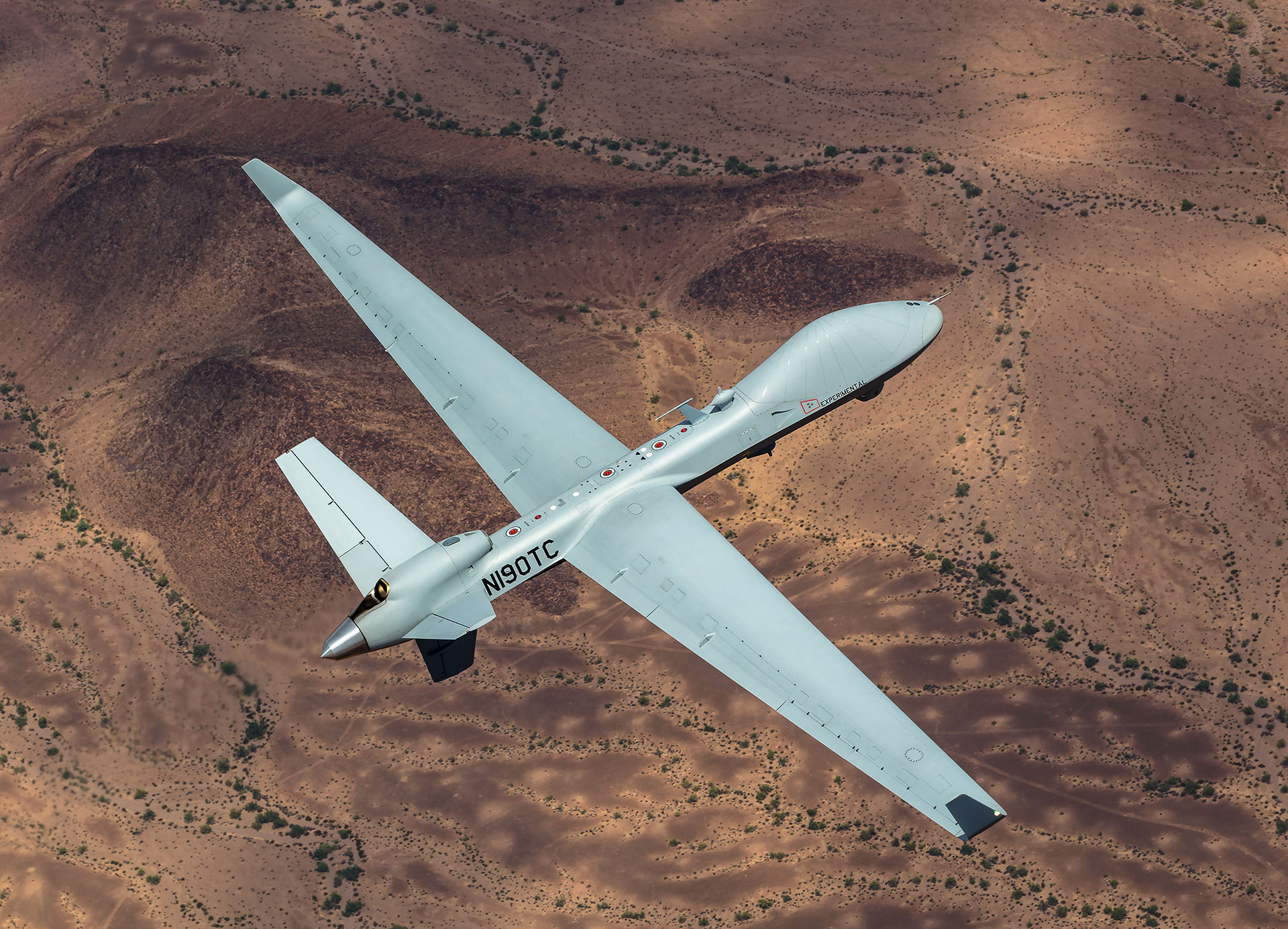
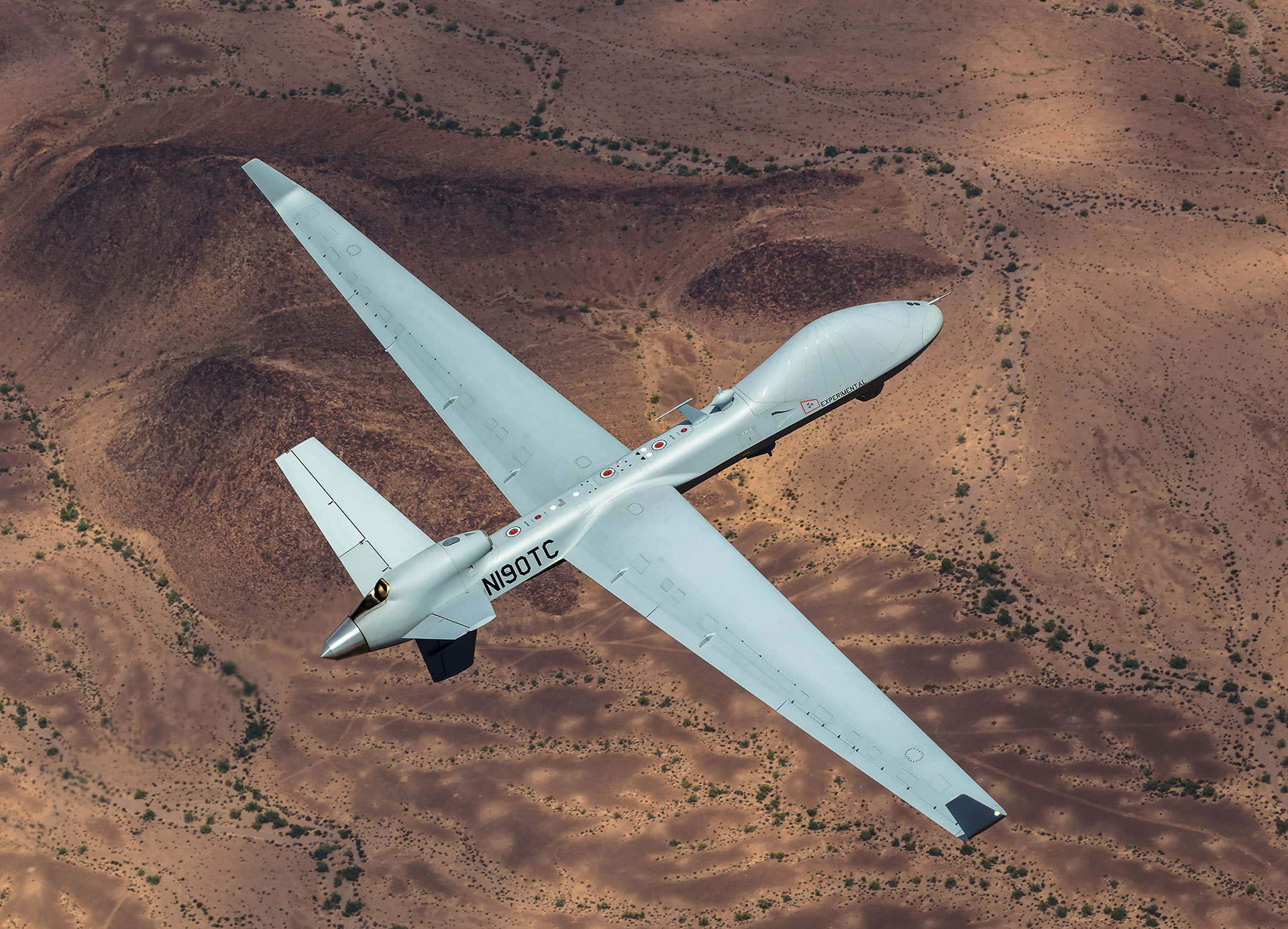
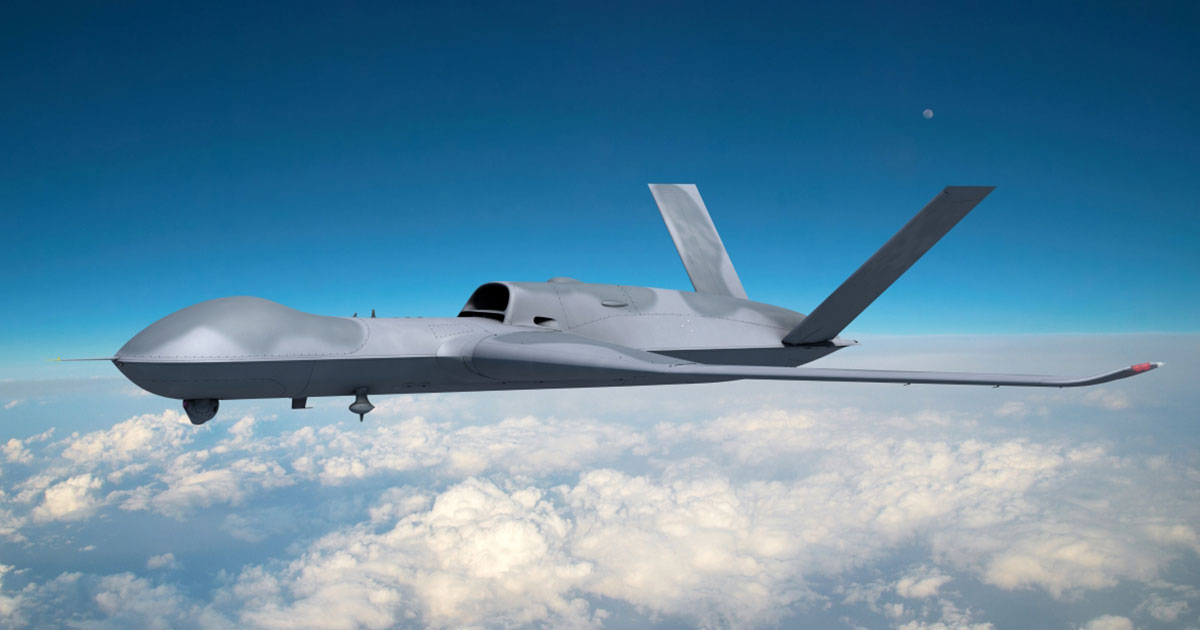
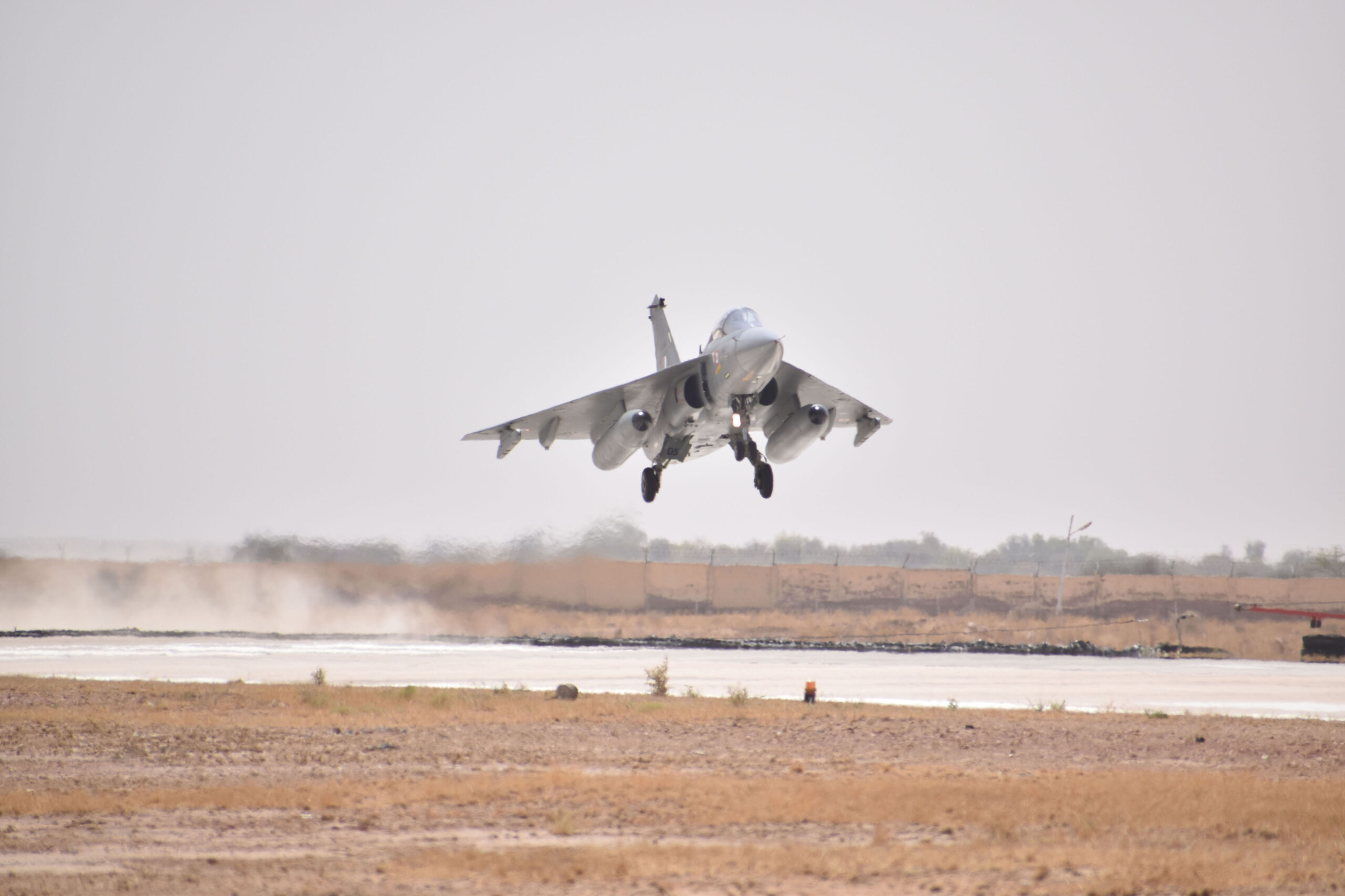
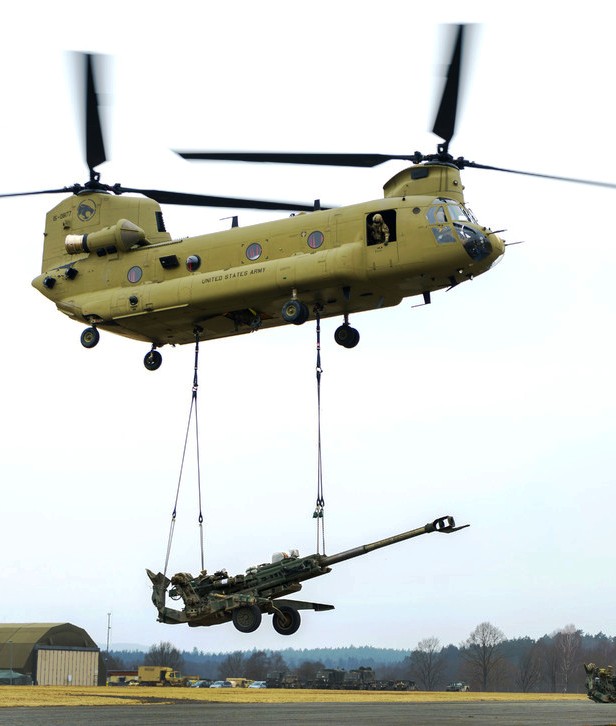
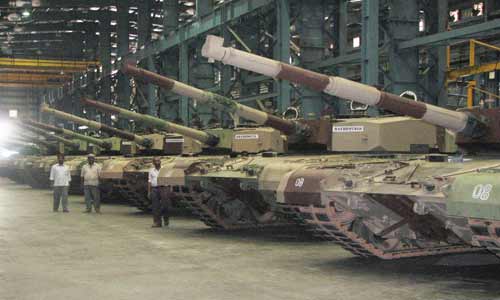

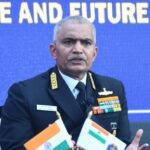

Recent Comments